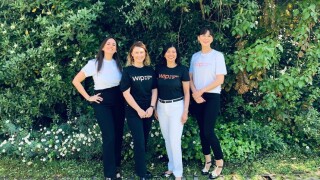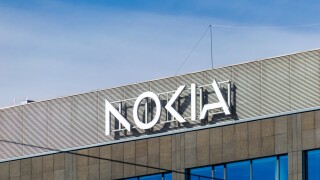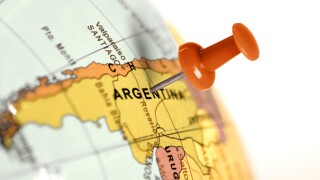Latin America and Caribbean
A new foundation in Chile is giving women in the IP community the mentorship, and visibility they’ve long lacked
Firms are adapting litigation strategy as Brazil’s unique legal system and technical expertise have made preliminary injunctions a key tool in global patent disputes
Leaders at two Brazilian law firms outline strategies to adjust to trademark fee changes at Brazil's IP office while urging clients to apply before September 20
The LMG Life Sciences Awards announces the 2025 winners for the 13th annual awards!
Recently published Special Focus articles
Recently published Special Focus articles
-
Sponsored by Daniel LawAmid the massive public health crisis caused by the fear of the spread of COVID-19, economies and societies around the world are facing hardship, with entire businesses brought to a sudden halt.
-
Sponsored by Daniel LawOn October 2 2019, Brazil joined the Madrid protocol. The success of this can be proven by numbers.
-
Sponsored by Daniel LawThe Brazilian PTO celebrated a remarkable achievement at the beginning of the new year. In just four months, the office managed to reduce the patent backlog by 14%. Further important milestones towards eliminating the backlog for good are expected to be reached throughout the year, as the office intends to reduce the backlog by 80% by 2021. This was all possible due to a pioneer project called the Preliminary Standardized Office Action Program, implemented in September 2019. Once the project is successfully completed, the PTO estimates it will take under 24 months to examine new applications.
-
Sponsored by Basham Ringe y CorreaEduardo Kleinberg and Santiago Zubikarai of Basham evaluate the new industrial property legislation under consideration in Mexico, assessing changes to the law on damages, fines, the registration of trademarks and patents
-
Sponsored by Daniel LawBrazilian IP law believes that renowned marks deserve special protection in all fields of activity. Differently from well-known marks, which are protected within their field of activity and regardless of the existence of a local registration, renowned marks must be registered and then go through a specific proceeding at the BPTO for a declaration of high renown which will be valid for 10 years.
-
Sponsored by OLIVARESA problem that impacts day to day in our country, and specifically the owners of trademarks, is the deficient or lack of regulation in our legislation regarding what is and what should be understood by "use of a trademark", "use of a trademark in accordance with the customs and habits" and "effective use v token use".





















